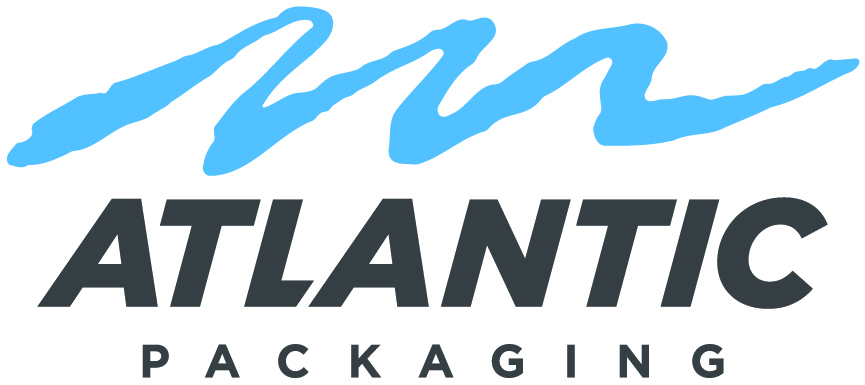In August, two members of our Atlantic team attended the Global Sustainability Summit presented by the Food Marketing Institute (FMI) and the Grocery Manufacturer’s Association (GMA). These organizations are the leading voices for major food and beverage retailers and manufacturers.
They’ve joined together to open the conversation and set a strategy for supply chain efficiency and sustainable, environmentally friendly practices.
Bridging the Gap
Some of the largest consumer manufacturers and retailers were represented at the Summit to discuss the state of the global supply chain and forward-thinking strategies for a sustainable future. Speakers from Walmart, General Mills, Campbell Soup Company, PepsiCo, Anheuser-Busch InBev, Smithfield Food, and Nestle (among others) came together with representatives from the World Wildlife Fund, the Environmental Defense Fund, Project WET Foundation, and Audubon Nature Institute to discuss sustainability from all angles.
[aesop_quote type=”block” background=”#efefef” text=”#2b2b2b” width=”content” align=”center” size=”1″ quote=”One of the goals of this event was to connect nonprofits and NGO’s working to protect our environment with major food manufacturers and retailers.” parallax=”off” direction=”left”]
This lets businesses take advantage of existing programs and together they can decide on new strategies, certifications, and standards that gets everybody working toward the same goals in sustainability.
Responsibility
In exploring this relationship, we learned that the need for responsibility on the part of manufacturers, retailers, and consumers is greater than ever as we gather evidence of waste that hasn’t been managed correctly in the past now affecting our whole food cycle.
Discarded plastic material that made its way into the ocean is consumed by fish, polluting our wildlife and resources for safe and healthy seafood. Fertilizers used for farming are also mixing into our water source and causing disastrous changes in the ecosystem.
Food Waste Startup Challenge

Stopping this cycle of destruction and restoring the ecosystem led Summit organizers to launch an effort that will connect brilliant and innovative start-ups dedicated to conservation and sustainability with the major food manufacturers, retailers, and environmental NGO’s.
This is how the Food Waste Startup Challenge was born.
[aesop_quote type=”block” background=”#efefef” text=”#323233″ width=”content” align=”center” size=”1″ quote=”Innovators are challenged to prevent food waste before it starts, recover excess food to feed people who need it, and to recycle food scraps to keep them out of landfills.” parallax=”off” direction=”left”]
This is an excellent opportunity for entrepreneurs looking to make a real difference and is something that can potentially have a significant impact on the industry.
Sustainable Packaging
Our attendance at the summit became most relevant when presenters and panelists discussed the role of packaging in the supply chain equation. Packaging is critical for protecting the food products and preventing failure that could cause a significant amount of waste to end up in our landfills.
The challenge is to use the least amount of packaging and resources possible while still protecting the product and delivering convenience to the customer.
Atlantic is taking on this challenge by employing experts in the fields of materials, applications, and standardization to find that balance between conservation of materials and product protection.
How Atlantic is Facing the Sustainability Challenge
[fa icon=”globe”] Stretch University
At our Stretch University, we invite customers to an interactive session that explores the elements of effective stretch wrapping and all the factors that contribute to a successfully wrapped load. The goal is to optimize and standardize their operation, use the least amount of stretch film necessary, and apply it correctly to prevent damage during shipment.
[fa icon=”globe”] The MUST Method
Our MUST Method uses the data collected from a facility audit to benchmark the standards for stretch wrapping that strike this balance. Hardware is installed on their stretch wrappers to monitor and hold the standard when usage fluctuates between daily operator changes and deteriorating film carriage performance. The ultimate goal with MUST is product protection with reduction in break, damage, and loss.
[fa icon=”globe”] LoadLogic
LoadLogic utilizes technology to capture the height and weight of each individual load and call up one of nine preset wrap patterns that will best fit that load. This system optimizes material application for every pallet wrapped and ultimately reduces the amount of stretch film used while still offering the best protection for the load.
Contact Us to Learn More About These Programs
Taking Action
At the Global Sustainability Summit, we were energized by the commitment of the entire industry to keep material and pollutants from entering the waste stream, to conserve our land and water, and to engage our customers, consumers and communities to take action to preserve our environment.


